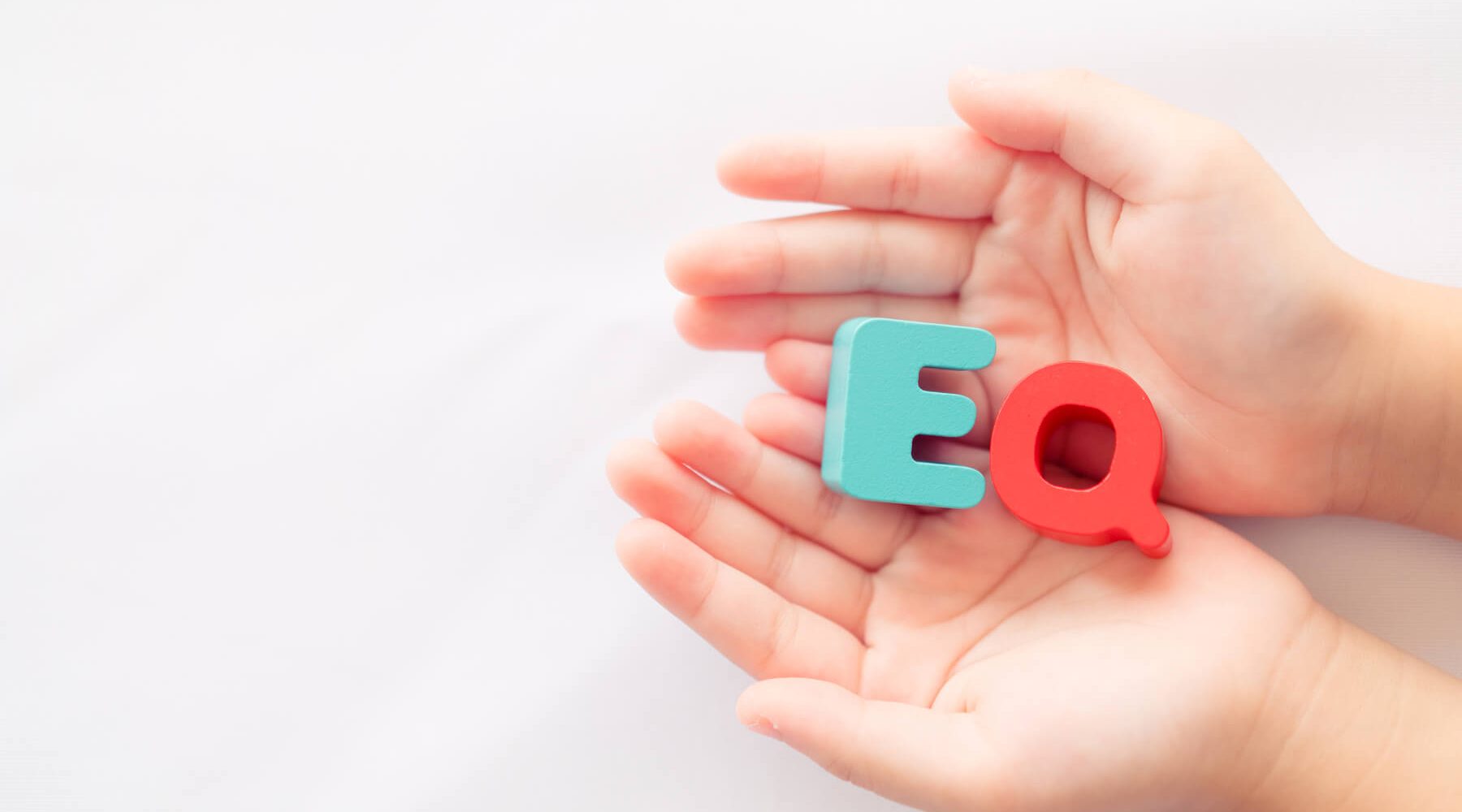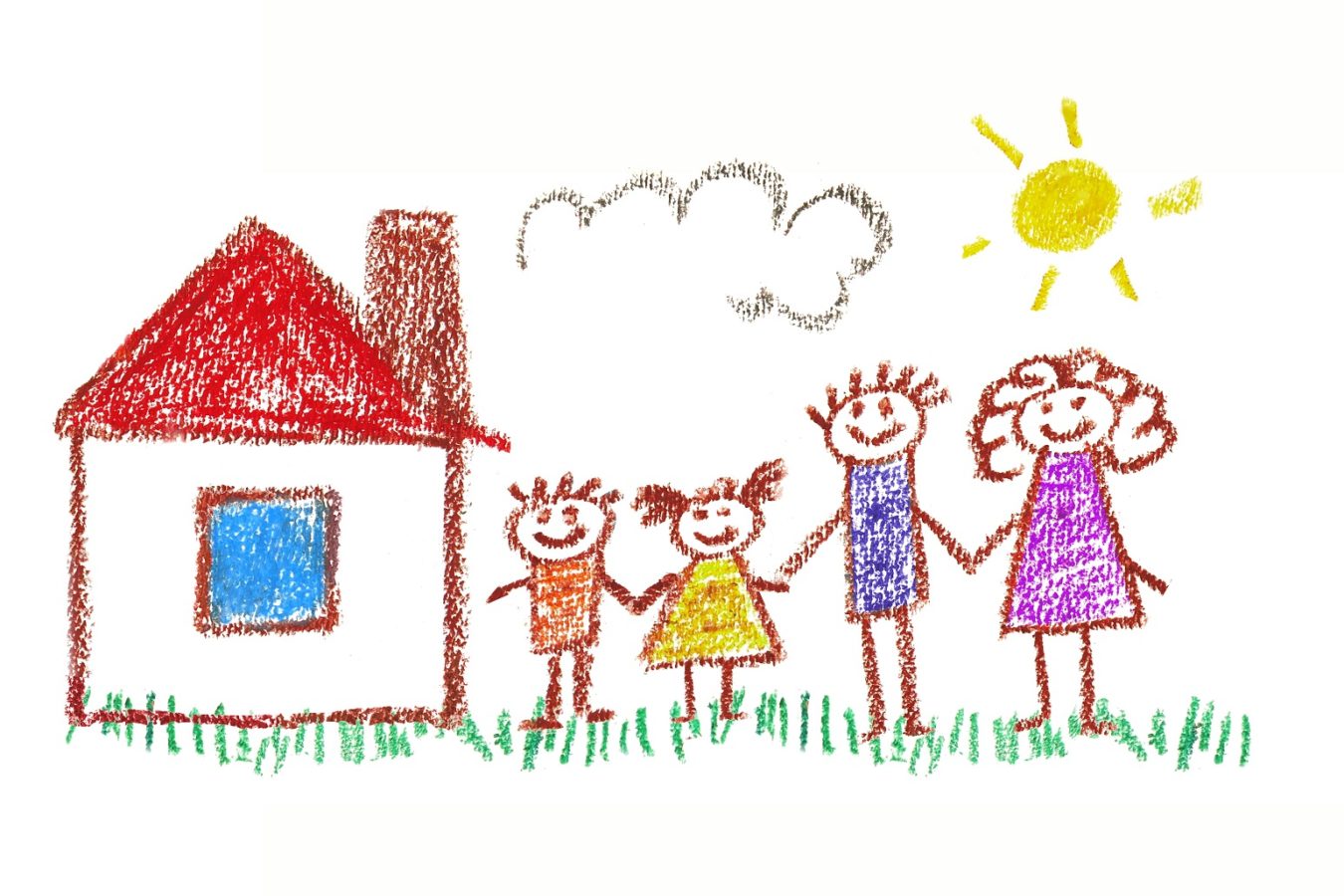
Ways to encourage emotionally intelligent kids, helping children who are scared of needles, and why a little lie at Christmas is okay.
Our selection of thought-provoking and useful resources from around the web on educating and raising children, and supporting families.
How to raise emotionally intelligent kids
(Lael Stone, ideas.ted.com)
Imagine the four-year-old you. You’re angry or sad or upset. What did an adult say to you? Were you told to stop crying, stop being stupid or maybe even punished for making a mistake?
Imagine a different approach. What if you were you given the space to express your feelings? What could that have done to shape the future you?
There’s been a steady increase psychological distress among adults, says the author, in this article adapted from a TED talk, which you can watch above. In part, she believes it’s rooted in the messages we received as children around how to express feelings and emotions.
The issue is a lack of emotional literacy in our culture. It’s not taught to parents, or in kindergartens or schools, she writes. ‘We still value IQ far more than we value EQ.’
She makes the case for a better way, where those big feelings can be expressed.
You might also like Why emotional intelligence matters, and how we can develop it in our children
Read the full articleIs your child frightened of needles? Here's how to prepare them for their COVID vaccine
(Judith Parson, The Conversation)
The Australian regulator has approved the Pfizer COVID vaccine for five to 11-years-olds. What can you do if your child is afraid of needles?
The author notes that most children are scared of needles, but in some, that becomes needle phobia, which can be scary and distressing.
There are a few things parents can do to make the experience easier for the child, and reduce the risk of a negative experience.
These include allowing extra time for an appointment so your child so the nurse can help them relax. Another idea includes using play therapy techniques. And professional help is available.
Read the full articleCrusts make your hair curl, and other lies we tell our kids
(Richard Glover, The Sydney Morning Herald)
At this time of the year, notes the author, young parents are asking themselves a particular question: Should a parent ever lie to a child?
It involves the grand conspiracy about a certain jolly, white-bearded, gift-giving fellow.
While it may be fun, is it actually right to lie a child – even a little lie?
The author is in no doubt that it’s all okay, compared to non-stop mistruths employed by his parents and others of their generation.
Eat your crusts to make your hair curly. You’ll get stuck with a facial expression if the wind changes. The music from the ice cream van means they’ve run out of ice cream.
These were some of the ‘barrage of lies’ from dawn to dusk, writes the author.
Read the full article

